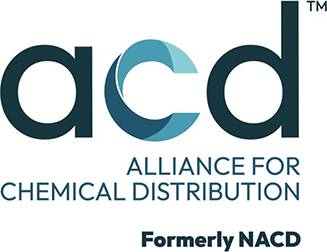Environmental, social, and governance (ESG) goals are becoming increasingly important in the chemical industry. Companies are recognizing the need to operate sustainably while considering the impact of their operations on the environment and society. Here are four ESG goals to set in the chemical industry.
Reduce Greenhouse Gas Emissions
One of the most critical ESG goals for the chemical industry is to reduce greenhouse gas (GHG) emissions. This can be achieved by optimizing production processes, investing in energy-efficient technologies, and switching to renewable energy sources. Companies should set specific, measurable targets for reducing their carbon footprint and report transparently on their progress. Reducing emissions not only helps combat climate change but also improves the company’s reputation with stakeholders who are increasingly environmentally conscious.
Enhance Waste Reduction and Management Practices
Improving waste reduction and management is another essential goal for chemical companies. This involves reducing the generation of waste materials and implementing more effective methods of recycling and disposing of hazardous waste. By focusing on waste minimization and exploring innovative recycling technologies, companies can significantly reduce their environmental impact. Implementing strict controls and recovery systems also helps in turning waste into valuable by-products, thus promoting a circular economy.
Increase Energy Efficiency
Energy consumption is a major concern in the chemical industry, which is often energy-intensive. Setting a goal to increase energy efficiency not only reduces operational costs but also decreases the environmental impact of production processes. Companies can achieve this by upgrading to more energy-efficient machinery, optimizing processes to consume less energy, and conducting regular energy audits to identify further improvements. Investing in continuous improvement programs can foster long-term sustainability.
Invest in Catalyst Handling Services and Technologies
Catalysts play a crucial role in chemical manufacturing by speeding up chemical reactions while reducing energy consumption and waste production. Investing in advanced catalyst handling services and technologies is vital for enhancing process efficiency and minimizing environmental impact. Proper handling and recycling of catalysts, using specialized services, ensure that they perform optimally and extend their life cycle, which can significantly contribute to a company’s ESG goals.
With these four ESG goals for the chemical industry in mind, you can take proactive steps to make your operations more sustainable and responsible. Setting and achieving these goals not only benefits the planet but also enhances corporate image and stakeholder trust.



